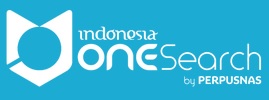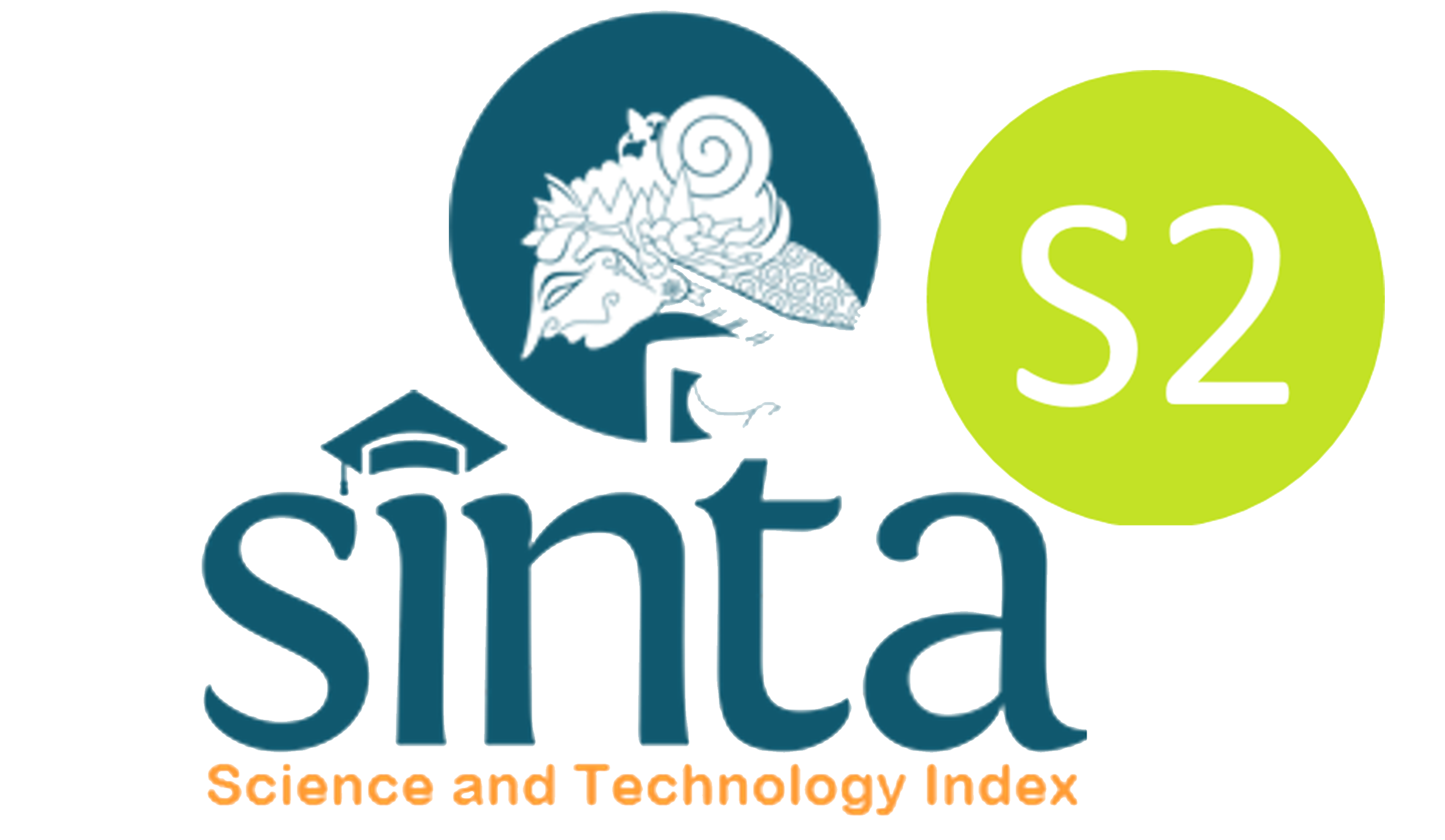- Focus and Scope
- Section Policies
- Peer Review Process
- Open Access Policy
- Article Processing and Submission Charge
- Archiving Policy
- CC License
- Copyright Policy
- Publication Ethics
Focus and Scope
Focus of Publication in Indonesian Journal of Nuclear Science and Technology :
Result of experiment in the field of nuclear science and technology and its applications in various fields
Acceptable topics include:
Radioisotope, Radiopharmacy, Nuclear Medicine, Nuclear Radiation and its Measurement, Nuclear Physics and Reactors, Nuclear Instrumentation and Radioactive Waste including its applications in the fields of health, biology, industry, agriculture, metallurgy and environment
Section Policies
Artikel
Peer Review Process
This journal is a double blind peer review journal. Every article submitted to this journal will be reviewed by at least two reviewer who mastered about article topic
Open Access Policy
This journal provides immediate open access to its content on the principle that making research freely available to the public supports a greater global exchange of knowledge
Article Processing and Submission Charge
Every article submitted to Indonesian Journal of Applied Nuclear Science and Technology (JSTNI) will not have any 'Article Processing and Submission Charges'. This includes submitting, peer-reviewing, editing, publishing, maintaining and archiving, and allows immediate access to the full text versions of the articles.
Archiving Policy
Print version and digital file of every article in this journal were archived in Library of BATAN, National Library, IPI Garuda Portal and Indonesia Scientific Journal Database
CC License
Indonesian Journal of Nuclear Science and Technology (JSTNI) is licensed under a Creative Commons Attribution-NonCommercial-ShareAlike 4.0 International License.
Copyright Policy
- Indonesian Journal of Nuclear Science and Technology allow the author(s) to hold the copyright without restrictions
- Indonesian Journal of Nuclear Science and Technology will allow the author(s) to retain publishing rights without restrictions
Publication Ethics
Jurnal Sains dan Teknologi Nuklir Indonesia (Indonesian Journal of Nuclear Science and Technology) implements the Scientific Publication Code of Ethics based on the regulation number 5 issued by the chairman of LIPI in 2014, derived from the COPE (Committee on Publication Ethics) especially in terms of publication and research infringements.
This page explains the ethics of all involved parties within the publication of an article in this journal. After you have finished reading this Scientific Code of Ethics, please download, sign and submit the Ethics Statement and the Copyright-transfer Agreement as a part of your initial article submission. It must be submitted before the article can be published.
Ethics Guideline for Journal Publication
Scientific publication of an article is a result of one's (or a group of people) idea, which after going through scientific reviewing, is published in the form of journals, books, proceedings, research reports, papers, and scientific posters. A scientific publication is a direct reflection of the quality of one's paper and the quality of the author's research institution. Thus it is extremely important to agree on the standard of ethics for all involved parties: author, editorial board, peer-reviewer, publisher, and the general public.
Pusat Sains dan Teknologi Nuklir Terapan - Badan Tenaga Nuklir Nasional (PSTNT - BATAN) as the publisher of JSTNI will be supervising all publishing steps carefully and responsibly. Our commitment is to make sure that all advertisement, reprints, or other revenues will not affect nor influence the decision of the editorial board. Additionally, PSTNT - BATAN and the editorial board will help in communicating with other publishers if necessary.
Code of Ethics for Editorial Board
The editorial board of Ganendra: Majalah Iptek Nuklir decide the publication process and integrates the role of author, peer reviewer, and journal manager to publish articles based on scientific rule and ethics. The editorial board is transparently and sincerely open to criticism, suggestions, and objections from the author. The editorial board also serve to protect the journal independence from pure commercial consideration and make sure to keep the journal as the first-class journal in its field. The board works based on principles and code of ethics as follows:
- Responsible for the content of the journal and striving to improve the quality of the journal.
- Obliged to make a guide along with the template for an article for the author.
- Making sure that the submitted works are free from ethical violation, honest and objective, independent, and that the works are reviewed based on quality and not on nationality, ethnicity, political beliefs, race, religion, gender, seniority, or institutional affiliation of the author, and also free from prejudice in taking decisions, including in choosing peer-reviewer.
- Making sure that the reviewing process is carried thoroughly, transparently, objective, and fair.
- Ensuring that all published works have been reviewed by qualified peer-reviewer.
- Ensuring the quality of the chosen peer reviewer based on competence. The members of chosen peer-reviewers are the ones that could give feasibility consideration of the works and the ones without conflict of interest.
- Rejecting submitted works without reviewing process if the work is outside the scope of the journal or blatantly low quality, but not based on the background of the authors or their institutional affiliation.
- Making sure that the published research is in accordance with the guide of publication ethics issued by LIPI and relevant international guide.
- Provide a form to be signed by the author about the ethical clearance and copyright agreement.
Code of Ethics for Peer Reviewer
Peer-reviewers are parties that help the editor to thoroughly review the substance of submitted scientific papers according to their specialities, thus the peer reviewers have a significant role in the publication process. The peer reviewers work based on principles and code of ethics below:
- Being honest, objective, unbiased, independent, and only sides with scientific truths.
- Must be thorough in assessing the content of a paper according to their field of expertise, open to new ideas, keep the assessment a secret, and not take advantage from the assessed work, and also have a spirit to improve the paper that is being reviewed.
- Helping the editorial board to decide which scientific papers that can be published and help the authors to improve their work.
- Upholding fundamental principles and scientific analysis in reviewing a scientific paper.
- The reviewing result must be honestly, objectively, and with a sound argument conveyed. Several possible reviewing result recommendations are: (i) accepted without revision or accepted with minor revisions (after the paper is revised by the author, the paper does not need to be reviewed again by peer reviewers), (ii) accepted with some major revisions (after the paper is revised by the author, the paper must be sent back to the peer reviewers for further reviewing process), (iii) Rejected and the paper is advised to be published elsewhere, (iv) rejected and the paper is advised not to be published anywhere, because of scientific defects or because it could possibly harm the user or society in general.
- Not taking advantage of reviewed paper for personal or third party interests. The use of part of the content of the reviewed paper must get the author's permission. The paper in the reviewing process must not be disseminated.
Code of Ethics for The Author
The author in the context of a scientific journal is a person which pours his/her idea and/or research and development in the form of scientific papers which satisfies scientific method and ethics requirement. The research is intended to acquirer new knowledge, to expand the frontiers of science, or to obtain a new scientific problem-solving method for encountered difficulties. This result is a contribution of the author as an individual in expanding the horizon of science. The author must work based on principles and ethics requirements below:
- The author needs to make a statement which says that submitted paper is original also has not been published elsewhere in any language, and not currently undergoing submission process at another publisher. If there is any mistake in the paper, the author must notify the editorial board or the publisher.
- Making sure that every name listed as the authors including the order is appropriate with the level of contribution of each author and is approved by all of the members. If there is any change, reduction, or addition of members of the author, the approval from the rest of the author is necessary. The author must make sure that every party that has a non-substantial contribution is acknowledged.
- Being collectively responsible for the work and the content of the article, which covers the method, analysis, calculation, and details.
- The author must inform the editorial board if he/she wants to withdraw the manuscript.
- The author must inform the editorial board if the submitted paper is a part of a larger research, multidisciplinary, and with a various perspective.
- If requested, the author needs to prepare the evidence that the research satisfied required code of ethics of research, including providing research notes or research logbook. The author must adequately respond if there is any comment or response after the paper is published.
- The author is forbidden to do plagiarism or self-plagiarism, and salami publication. Those things are prohibited at Jurnal Sains dan Teknologi Nuklir Indonesia (Indonesian Journal of Nuclear Science and Technology).
 .
.










